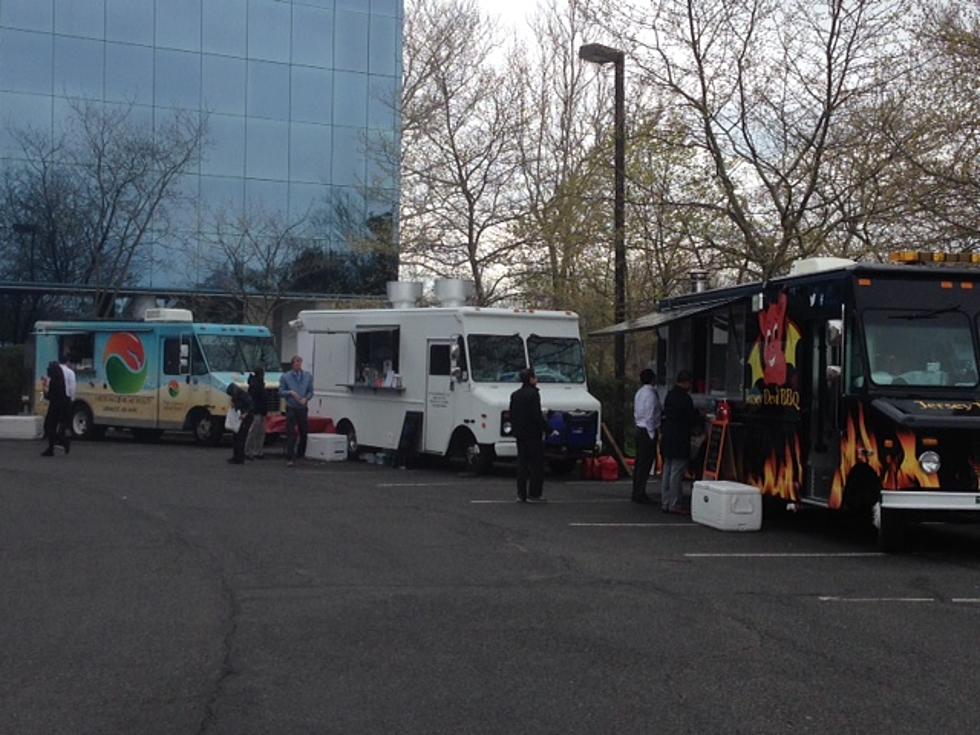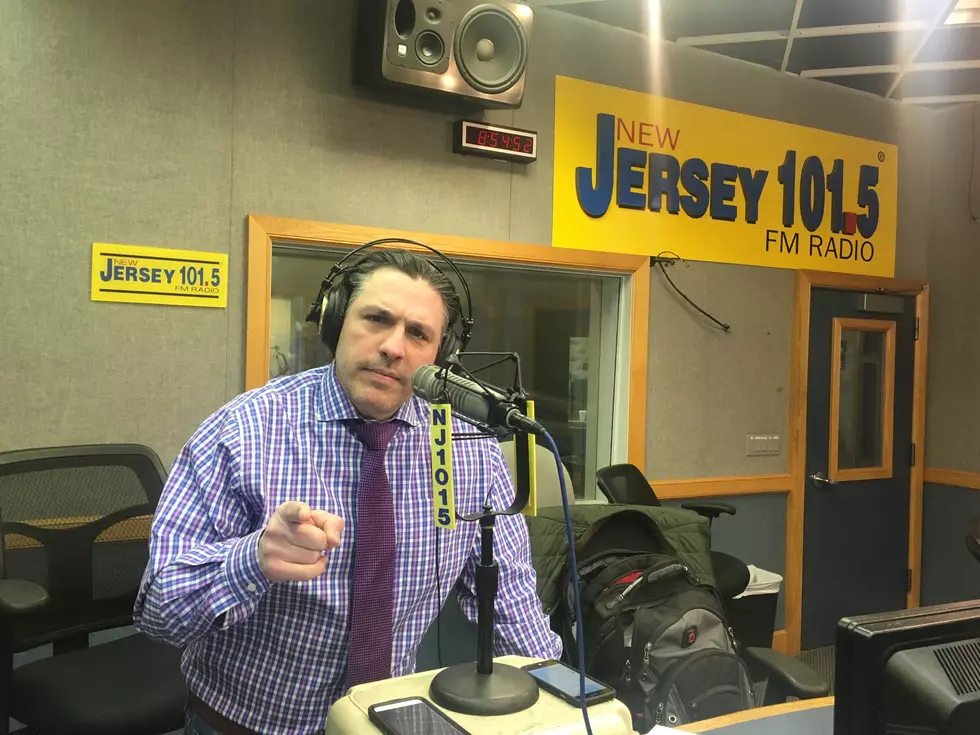
The truth about ticket quotas and speed traps
Do ticket quotas exist within New Jersey police departments? Are speed traps a practice of the past? We went after these and other cop-related debates to find the truth.
Ticket quotas are against the law in New Jersey. An officer cannot be forced to write a certain number of summonses in a given amount of time.
However, according to Patrick Colligan, head of the New Jersey State Policemen's Benevolent Association, ticket counts are still looked at to evaluate an officer's performance and perhaps choose which officer receives a promotion or special assignment.
"There's certainly a lot of pressure on police officers around the state to increase ticket volume," Colligan said. "Sometimes there are overtime assignments for writing more tickets."
The PBA is in support of legislation from Assemblyman Declan O'Scanlon (R-Red Bank) that bans law enforcement agencies from using an officer's ticket count as a factor when evaluating job performance.
As for speed traps - cops hiding behind trees or a building to nab hurried drivers - one law enforcement source said they certainly do exist in New Jersey.
"Cops still hide," the source said. "In some areas, it's just easier to hide because you're out of the way."
However, advanced technology makes it unnecessary for cops to hide in certain areas. Some radar units can nab drivers from 1.75 miles away, depending on weather and traffic conditions.
"When a motorist sees a police officer, they have to remember that the police officer is looking for them," said Anthony Parenti, executive director of the New Jersey Police Traffic Officers Association. "They will see you long before the motorist sees the cop."
According to Colligan, "hiding" doesn't always allow officers to gather speed readings the proper way.
If motorists happen to find a road without a speed limit sign, they don't have the right to drive at whatever pace they'd prefer. Per state law, speed limits are based on a road's surrounding environment, and a driver could still be pulled over despite a lack of signage. For example, school zones have an automatic 25 mph limit. On non-posted rural highways, drivers should know to go no faster than 50 mph.
More From New Jersey 101.5 FM






![Do ticket quotas exist? [POLL/AUDIO]](http://townsquare.media/site/385/files/2014/06/104329588-300x1751.jpg?w=980&q=75)
![NJ Ticket quotas would be banned under new legislation [AUDIO]](http://townsquare.media/site/385/files/2014/06/104329588.jpg?w=980&q=75)
![Is It Free Speech To Warn Drivers Of A Speed Trap? [POLL]](http://townsquare.media/site/385/files/2014/01/brykmantra.jpg?w=980&q=75)
